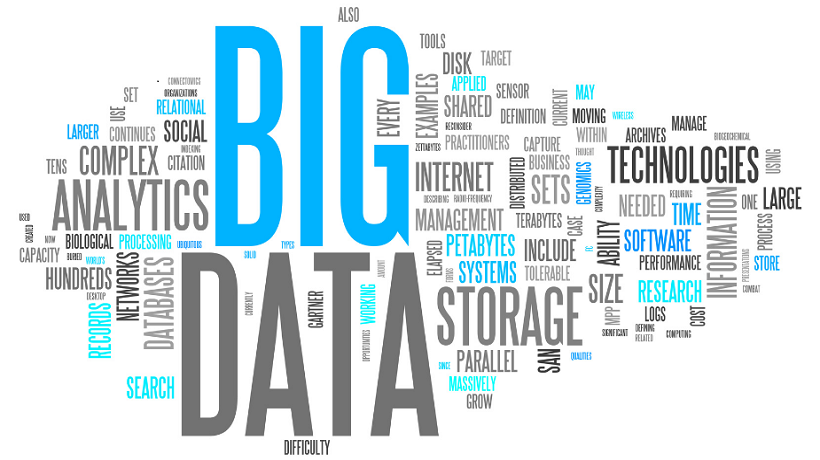Data Analyst Job Description & Career Opportunities

Data Analysis is the art of collecting and analyzing data so that a company or companies can use said data to perfect their marketing, insurance, political and/or business practices. The data analyst is a highly trained professional who performs the analysis, running various mathematical calculations to determine how the data samples might best be applied to profit the business. Most importantly, the data analyst evaluates risk; culling statistical information to determine whether a company is accidentally harming itself. As most companies are always looking to expand their businesses, or at least improve their business practices, data analysis is an essential and profitable field.
Job Responsibilities
Data analysts use their technical expertise to cull data through advanced computerized models; then, they extrapolate data patterns. The process is heavily technical, influenced by mathematics and advanced algorithms.
In fact, the process is broken up into four general steps. “Data Cleaning” roots out erroneous data; “Initial Analysis” assesses the quality of the data; “Main Data Analysis” determines the meaning of the data; the “Final Analysis” provides additional screening. Each of these steps requires a unique skill set, involving statistical mathematics and computer software, and the qualified data analyst will understand all of the statistics and algorithms that are used to predict the meaning of the data.
Data, itself, is also very specific, and so typically the data analyst must become familiar with the field for which he/she is analyzing the data patterns. Such a field may be the corporate business arena, analyzing sales trends. Data analysts are also essential for insurance companies, where they must constantly assess actuarial tables to determine how the liability coverage should correspond with trends in the populace. For insurance companies, risk assessment is paramount. In the political arena, the analysts must examine the polling data to determine where candidates should expand their campaigns.
Since insurance agents, politicians, and business experts are not necessarily mathematical, data analysts must possess a firm command of language so that they can relate the results of their statistical findings in layman terms their clients will understand. They must also develop simple graphs and charts to elucidate how the mathematical information will influence the said business. Data analysts are essentially mathematical prognosticators, telling their employers how to best alter their business models to generate profitable future trends. Some data analysts employ writers to assist them in putting their mathematical findings into words.
Training and Education Requirements
A BS in Mathematics, Economics, or Computer Science is a gateway towards a career in data analysis. Computer software, excel spreadsheets, and C++ programs are the tools of a data analyst, and so a competent knowledge of computers is an absolute necessity. An MBA is always useful but not a necessity for being hired as a data analyst. Most data analysts intern in a specific field (i.e. Politics, Insurance) and then, after familiarizing themselves with the specifics of said field, focus their analysis on that area. A data analyst familiar with Politics will be much more effective analyzing polling data than actuarial data. An Analyst for a brokerage firm should possess an exhaustive knowledge of asset allocation and free cash flow trends.
Typically, then, a data analyst will want to have at least 1-2 years experience in a specific field when applying for a job in said field. Many companies will stress the need for this experience in their advertisements; even so, an especially skilled data analyst who is not familiar with a specific field may be completely qualified for the job, regardless. Even with experience specific to a particular field, most data analysts not seeking an entry level position in a company should have at least 3-4 years of overall data analysis experience in any field.
Salary and Wages
A data analyst can expect to make, on average, $80,000 a year plus benefits. Generally, he/she makes no less than $65,000, and no more than $110,000. The amount a data analyst makes depends on wealth and prestige of the employer. A large Brokerage firm will pay handsomely for a data analyst who can make accurate assessments of future trends.
Certifications
Some online colleges offer training programs in data analysis, but these programs are not required to work as a data analyst. Anyone with an advanced degree in mathematics, computer science, economics, or a similar scientific field, will possess the required training to embark on a career in data analysis.
Professional Associations
There is currently no professional association for data analysts; truly, data analysts have no need of one. Once hired by an organization or company, a data analyst is usually a valued member of the team and is well taken care of. data analysis is an integral part of any company looking to expand. It takes a great deal of work to possess the necessary skills, but companies recognize the importance of the analysis and treat the analyst accordingly.


